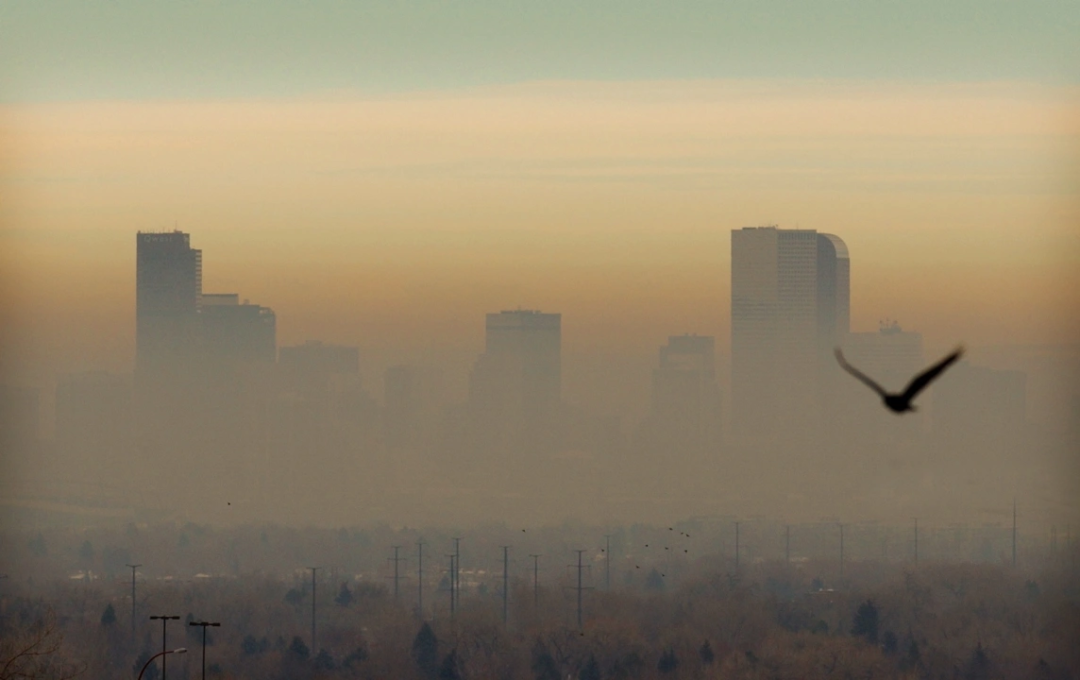“We’ve known the answers for decades, it’s just a matter of political will for implementing them,” Jill Locantore, executive director of Denver Streets Partnership, said.
Conrad Swanson, The Denver Post
Denver boasts one of the country’s fastest-growing economies and expects to add tens of thousands of new residents by the end of the decade.
The city’s rapid and continued expansion comes at a cost, though. Air quality on the Front Range languishes, pollution threatens the city’s most vulnerable populations and experts worry for the region’s water supply.
Whoever voters elect to run Denver and to sit on its council can take action most directly, experts say, by relying on new technology, tweaking building and zoning codes, partnering with nearby governments and state lawmakers and even limiting the types of lawn care equipment residents can use.
Already Denver officials set a goal to cut greenhouse-gas emissions 65% by 2030 and by 100% over the next decade. The city’s goal is also to hit net-zero energy use by 2040.
Perhaps the biggest piece of Denver’s air-quality problem would be solved by expanding the city’s public transit options, Jill Locantore, executive director of Denver Streets Partnership, said.
Each piece overlaps with the others, Locantore, whose nonprofit works to reduce the city’s dependence on cars, said.
“The key is land use and transportation. Reduce vehicle miles traveled. Reduce land consumption. Reduce water consumption,” Locantore said. “We’ve known the answers for decades, it’s just a matter of political will for implementing them.”
Read the full story at The Denver Post
